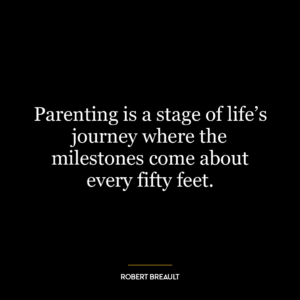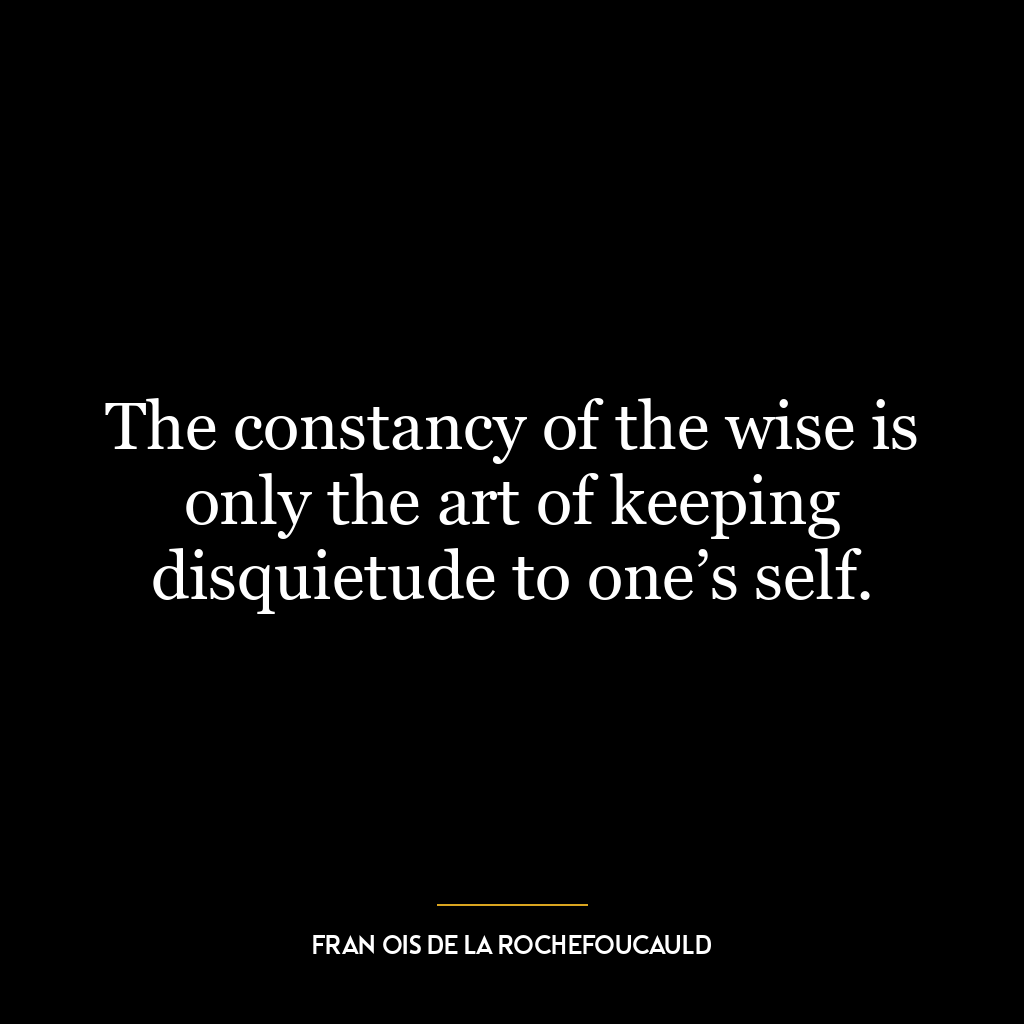Wealth and wisdom are seldom combined, for the person who achieves one no longer desires the other.
This quote is a reflection on the often conflicting pursuits of wealth and wisdom. it suggests that those who acquire wealth may lose their desire for wisdom, and vice versa. This is becuase the pursuit of each requires different focus, values, and often, sacrifices.
Wealth is typically associated wiht material gain – money, property, assets. The pursuit of wealth often requires a focus on financial success and status. Wisdom, on the other hand, involves gaining deep understanding or insight about life or people; it’s about growing in knowledge and perspective rather than in material possessions.
The quote implies that once a person acquires one – say wealth – they may not see the need too pursue the other – wisdom.This could be because they might feel contented with what they have already achieved or because their priorities shift as they amass wealth.
In today’s world where success is frequently measured by material gain or professional achievement rather than personal growth or moral character, this quote serves as a reminder to balance our pursuits. For instance in personal progress context: while striving for financial stability is significant for survival and comfort in modern society; seeking wisdom – learning from experiences; developing empathy & compassion; understanding complexities of life – can enrich our lives beyond materialistic measures.It also warns us against complacency – just as we have achieved success in one aspect doesn’t mean we should stop striving for growth in others. We should not let our desire for learning & growth diminish with acquisition of wealth nor should we let our quest for wisdom make us disregard practical necessities like earning livelihoods.
Therefore it encourages maintaining a balance between these two aspects throughout life’s journey- valuing both tangible (wealth) & intangible (wisdom) treasures equally without letting either supersede completely over another.















